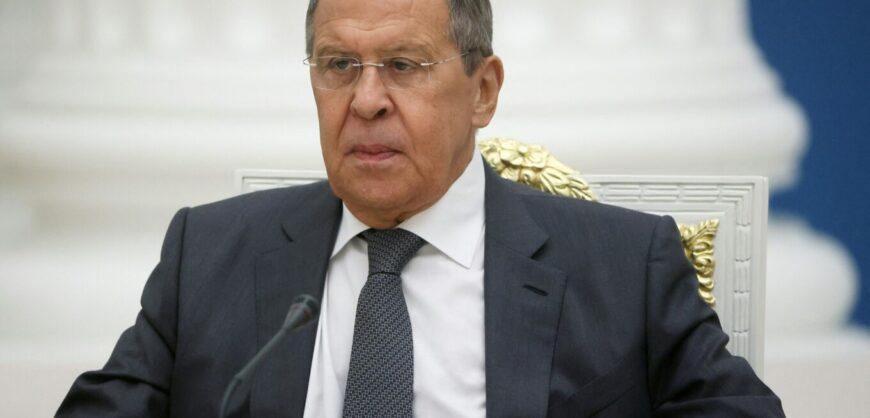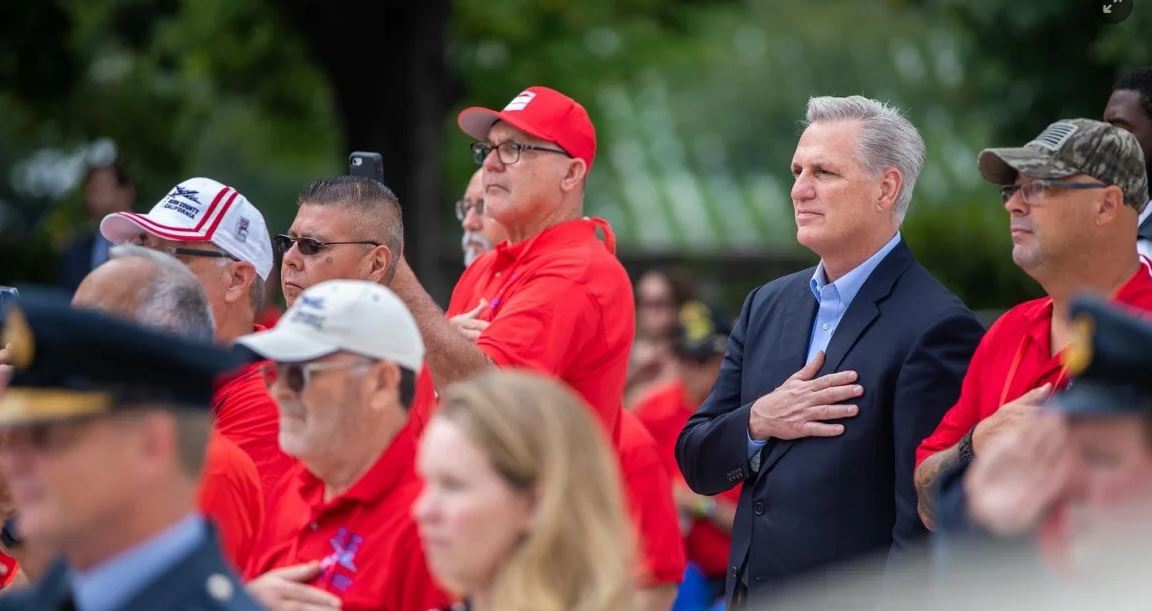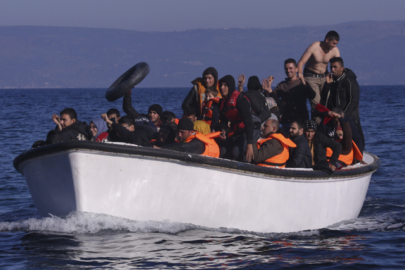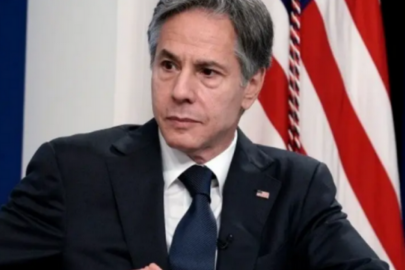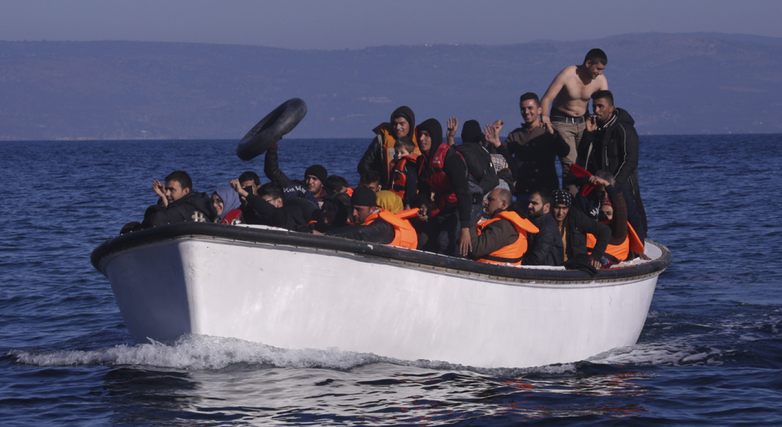Russia today denounced what it called a “provocative” decision by Warsaw after Poland refused to allow Russian Foreign Minister Sergei Lavrov to enter its territory for a meeting of OSCE foreign ministers.
“Poland’s decision (…) is provocative and unprecedented,” Russian diplomacy said in a statement. “Warsaw was not only discredited in this way but also caused an irreparable blow to the prestige of the entire Organization for Security and Cooperation in Europe”, the Russian Foreign Ministry said in a statement.
Poland, which is organising the OSCE ministerial meeting in early December, announced yesterday that it denied Lavrov entry into its territory.
“We expect the Russian Federation to choose the members of its delegation in accordance with the current rules,” a source from the organisation’s rotating presidency, held by Warsaw this year, told AFP.
According to this source, the Russian delegation should not “include individuals who have been sanctioned by the European Union” following Russia’s February 24 invasion of Ukraine, including Lavrov.
“We are sure that all reasonable politicians share the view of the Russian side that such actions are unacceptable,” Russian diplomacy said. “These pernicious decisions of the Poles (…) are pushing the OSCE into the abyss,” it said, accusing the OSCE of turning into a “field” for “anti-Russian exercises.”
The meeting of the 57 OSCE foreign ministers will be held on December 1st and 2nd in Łódź, a city in central Poland.
The Russian delegation will be led by the Russian ambassador to the OSCE, Alexander Lukashevich, according to Moscow.
Since its establishment in 1975 in the heart of the Cold War to promote East-West dialogue, the OSCE is based in Vienna, Austria.
The annual ministerial session of the OSCE, in which Lavrov usually participates, is the central body of this international organisation, which is responsible for its decisions.
It is the opportunity for foreign ministers to review the work of the OSCE in all areas of its activity.

